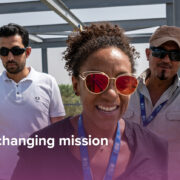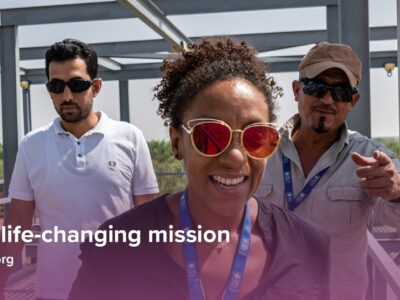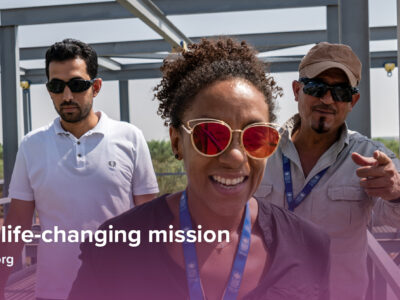Education:
• Masters or equivalent in international development, gender and development, development economics or any other relevant development disciplines.
• Be enrolled in a graduate school programme (second university degree or equivalent, or higher) in international development, gender and development, development economics or any other relevant development disciplines.;
• Be enrolled in the final academic year of a first university degree programme (minimum Bachelor’s level or equivalent) in international development, gender and development, development economics or any other relevant development disciplines;
• Have graduated with a university degree in international development, gender and development, development economics or any other relevant development disciplines, and, if selected, must commence the internship within a one-year period of graduation; or
• Be enrolled in a postgraduate professional traineeship program which is part of a degree programme and undertake the internship as part of the program requirements.
Language:
Fluent in English and French
Remuneration:
Interns who are not in receipt of financial support from other sources such as universities or other institutions will receive a stipend from UN Women to partially subsidize their basic living costs for the duration of the internship.
Application Information:
• All applicants must submit a completed and signed P.11 form with their application.
• Due to the high volume of applications received, we can ONLY contact successful candidates.
• Successful candidate will be required to provide proof of enrollment in a valid health insurance plan at the duty station of the internship, proof of school enrollment or degree, a scanned copy of their passport/national ID and a copy of a valid visa (as applicable).
Note:
In July 2010, the United Nations General Assembly created UN Women, the United Nations Entity for Gender Equality and the Empowerment of Women. The creation of UN Women came about as part of the UN reform agenda, bringing together resources and mandates for greater impact. It merges and builds on the important work of four previously distinct parts of the UN system (DAW, OSAGI, INSTRAW and UNIFEM), which focused exclusively on gender equality and women’s empowerment










Comments